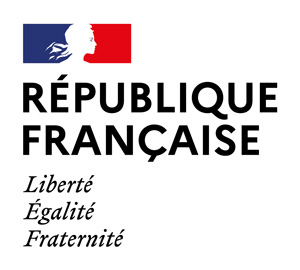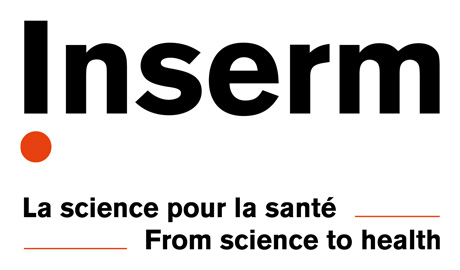





Type of contract
Location ,
Statut
Key Words
Details of the offer
Type of job
Type of contract
Application deadline
Employment start date
Contact
KEY WORDS | glioblastoma, stem cells, hypoxia |
CITY | Caen |
COUNTRY | France |
DETAILS OF THE OFFER | Glioblastomas are highly aggressive brain tumours with a very poor prognosis. The treatment of glioblastoma follows a standardised protocol. After diagnosis, surgical resection is performed, if possible, to remove as much of the tumour mass as possible. The so-called "Stupp" protocol is then used. This is based on X-ray radiotherapy combined with chemotherapy. However, glioblastomas are resistant to these conventional treatments, particularly radiotherapy, which explains the inevitable recurrence of this tumour. This is why it is essential to identify new therapeutic strategies or modify the nature of the radiotherapy used. Two causes of this radioresistance have been identified: the lack of oxygen in the tumour (hypoxia) and the presence of stem cells that have the capacity to reform a new tumour at the origin of recurrences. These stem cells could be derived from cancer cells that become stem cells again (dedifferentiation) after being irradiated with X-rays, particularly under the pressure of hypoxia or factors induced by radiotherapy. The main objective of this thesis project is to evaluate the efficacy of the inhibition of intracellular pathways induced by hypoxia combined with different sources of radiotherapy (hadrons vs X-rays) to prevent tumour cell dedifferentiation and thus limit recurrence in glioblastoma. The value of targeting HIF to improve the efficacy of hadrontherapy (protons and carbon ions) will be evaluated (i) in vitro in a murine glioblastoma line that will then be implanted in animals and (ii) in vivo in a syngeneic animal model that mimics the tumour microenvironment observed in the clinic. The aim of this thesis project is to explore a new therapeutic strategy combining the targeting of hypoxia by inhibiting HIFs and the hadrontherapy in glioblastoma to inhibit the dedifferentiation of tumour cells into stem cells in order to block recurrence.
The person recruited will carry out his/her thesis within the ISTCT "Imaging and therapeutic strategies for cancers and cerebral tissues " unit (www.istct.cyceron.fr), which specialises in neuro-oncology and the use of biomedical multimodal imaging, under the supervision of Myriam Bernaudin, Samuel Valable and Juliette Aury-Landas. The research unit will provide the human and material resources needed to complete this thesis. The person recruited will also have access to the unit's equipment (laboratories of cellular and molecular biology, physiology, etc.), the CYCERON platform (7T MRI, irradiators), the CURB/ONCOModels and the US PLATON platforms to carry out this project. Travel to Strasbourg and Italy will be required for experiments requiring hadron irradiation. Shifts and weekend work will be necessary from time to time, depending on experimental constraints. The person recruited must have received training in animal experimentation during the first year of their thesis (if they have not already done so) and obtained the corresponding University Diplomas. |
TYPE OF JOB | PhD |
TYPE OF CONTRACT | CDD (temporary / 4 years) |
APPLICATION DEADLINE | 20 MAY 2024 |
EMPLOYMENT START DATE | 2024 |